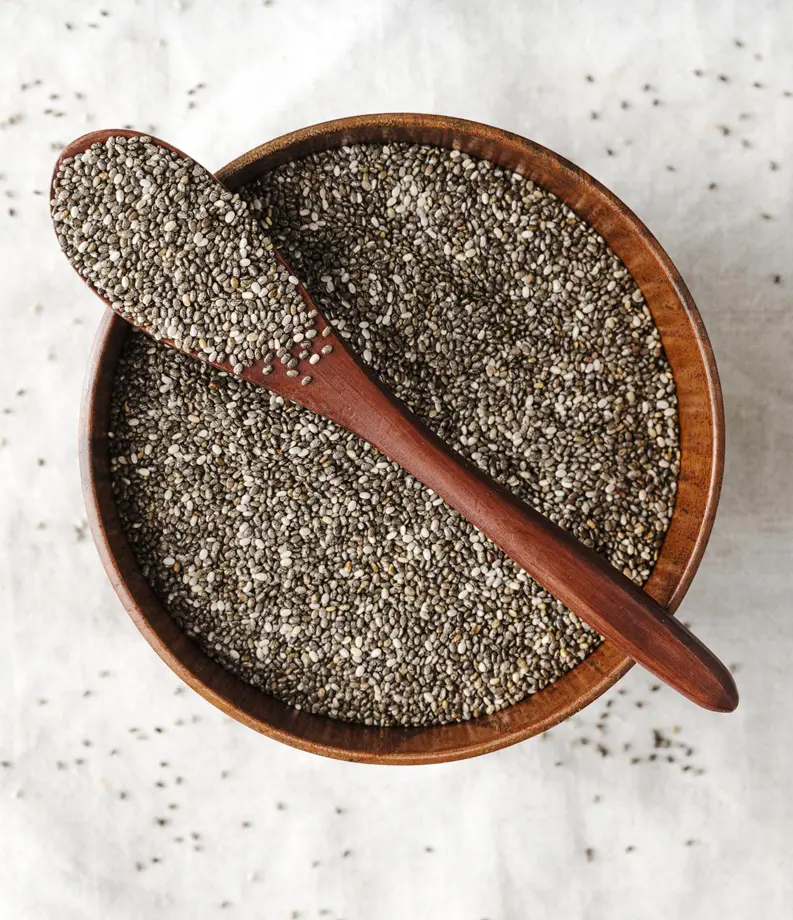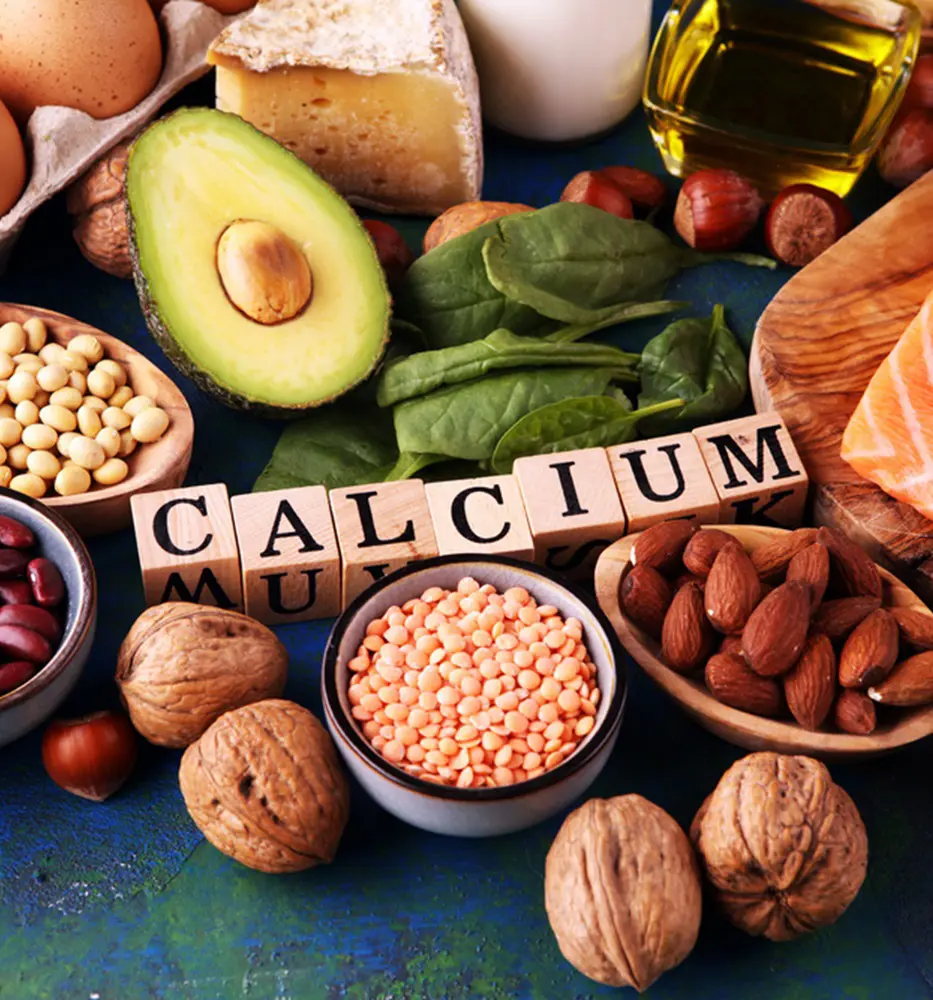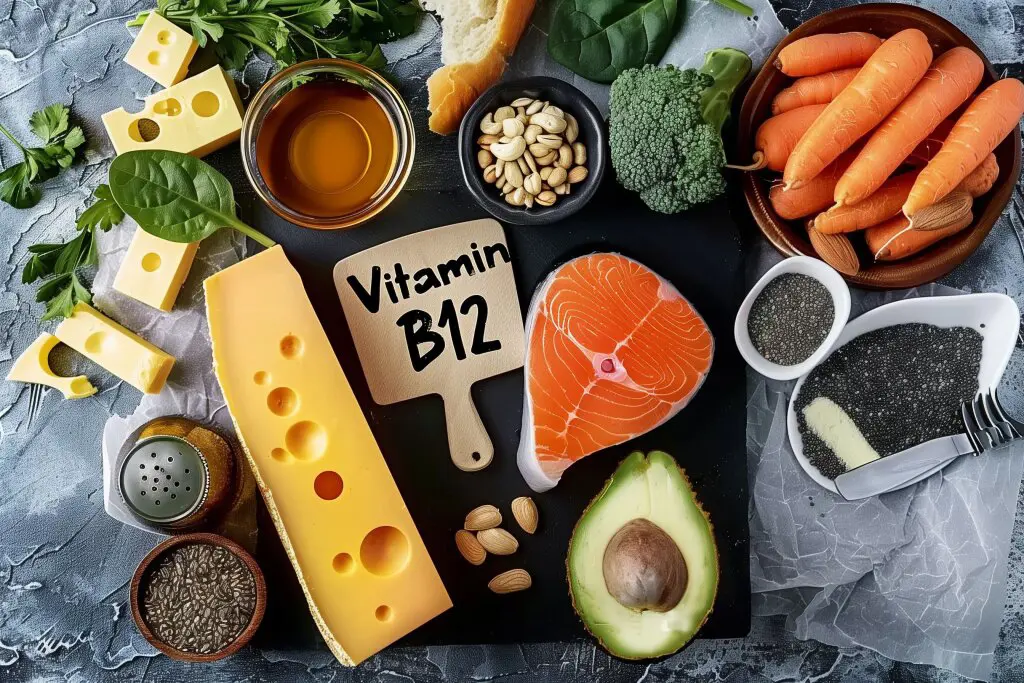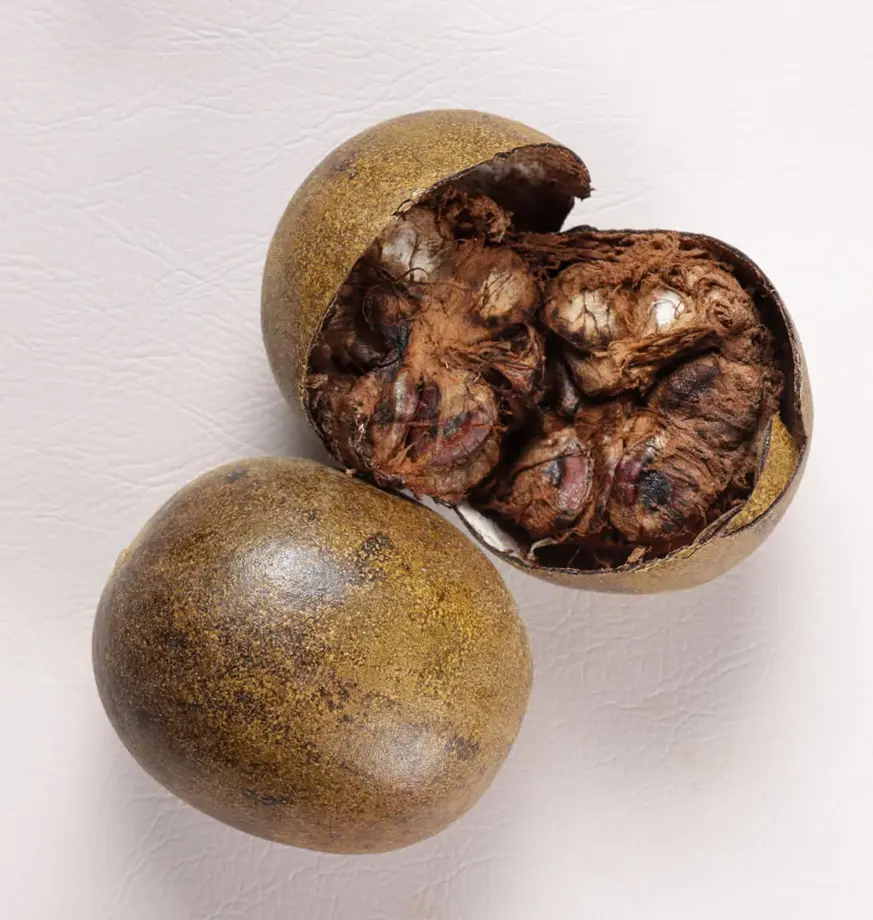10 Scientifically Proven Benefits of Creatine
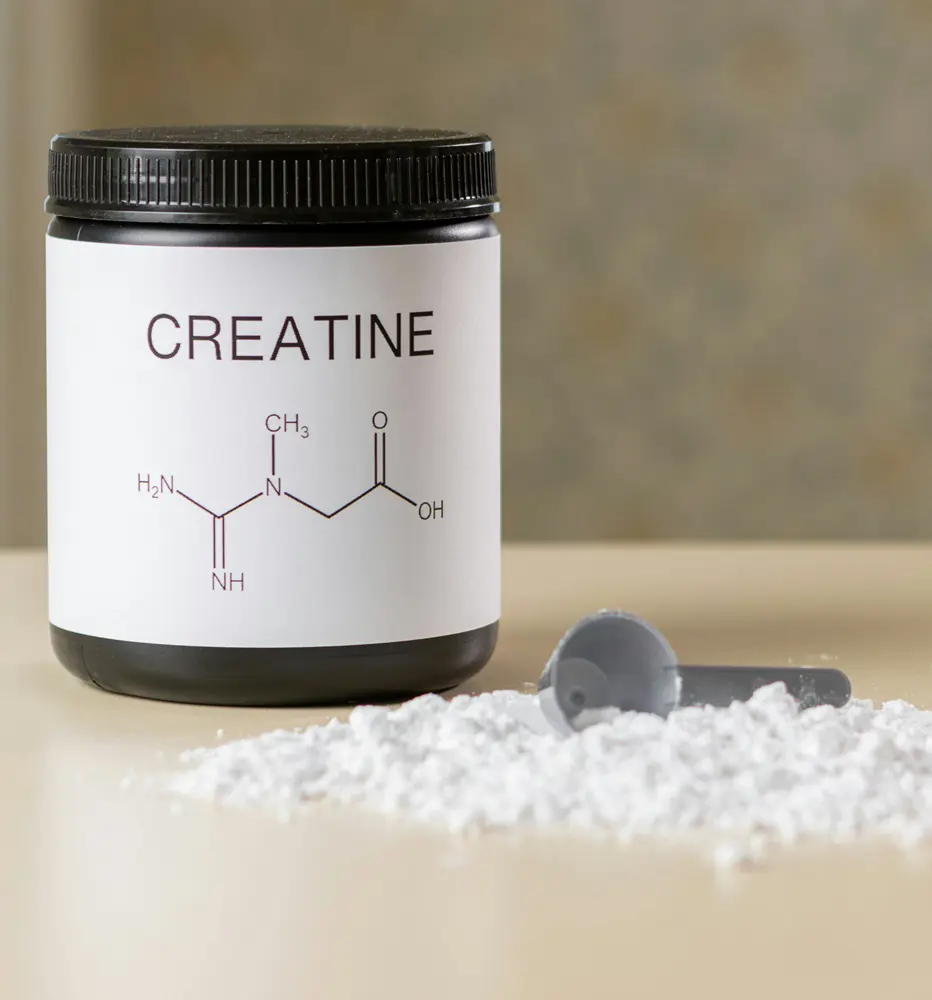
This post may contain affiliate links. If you make a purchase through links on our site, we may earn a commission.
Primarily responsible for muscle growth and enhancing athletic performance, creatine is a naturally occurring compound that is available in muscle tissue. Some other potential benefits of creatine include improving brain and cognitive functioning, maintaining heart health and skin health and more.
In addition to its natural presence in the body, creatine can also be obtained from dietary sources, especially meat and fish. In this article, we will find out ten scientifically supported benefits of creatine.
1. Improves Athletic Performance

Creatine helps produce and rapidly replenish ATP, which is an essential energy supplier of cells. This allows athletes to train at intensities for a prolonged period and recover quickly.
Creatine supplements lead to other important benefits such as an increase in strength and power output. Additionally, people with all kinds of fitness experiences, either novices or professional sports persons, benefit from creatine in aspects of strength, speed, muscle bulk and power endurance, and much more.
If you combine creatine supplementation of 5g/ day for 3 months with strength training, you can see improvements in muscle endurance, muscle mass and strength.
2. Boosts Muscle Cell Energy Production

Creatine boosts the phosphocreatine stores in your muscles, directly contributing to ATP formation, which is then converted into energy. The speed at which ATP is produced limits your capacity to continually perform at high intensity since you use ATP faster than you regenerate it.
Creatine supplements increase your phosphocreatine stores allowing you to produce more ATP energy which helps nourish your muscles during demanding exercise. This is also the fundamental mechanism responsible for creatine's performance-enhancing benefits.
3. Speeds Muscle Growth

Normally, as we start growing old, our body tends to lose strength, muscle mass and bone mass but, there is significant growth in body fat percentage. However, creatine effectively helps in the growth of new muscles and for adding mass to muscles.
It can lead to a notable rise in lean body weight and muscle size in as little as 5-7 days, although this initial gain is primarily due to an increase in muscle water content. Moreover, creatine reduces the levels of myostatin, which is a contributing factor for stunting muscle growth. The reduction of myostatin levels can boost muscle growth.
4. Repairs Damage After Injury

Several studies indicate that creatine supplements may aid in preventing muscle damage and enhance recovery after eccentrically-induced injury in individuals. It may further show antioxidant effects after an intense training session and contribute to reducing cramping.
Creatine can also be useful in the rehabilitation of brain injuries, including mild traumatic brain injury (mTBI), concussion and other types of injuries. It guards the central nervous system of the body against numerous diseases and rebuilds it through optimal metabolism.
5. May Help with Parkinson's Disease

Reduced levels of dopamine in the brain can result in Parkinson's disease. The dramatic decrease in dopamine levels kills brain cells and triggers numerous negative symptoms, such as the loss of muscle functions and tremors.
One experiment on mice with Parkinson’s showed that creatine was capable of preventing 90% of the normal drop in dopamine concentrations. In another study on individuals with this condition, the combination of creatine and weight training proved to have better results in strength and functional mobility.
6. Reduces Blood Sugar Levels
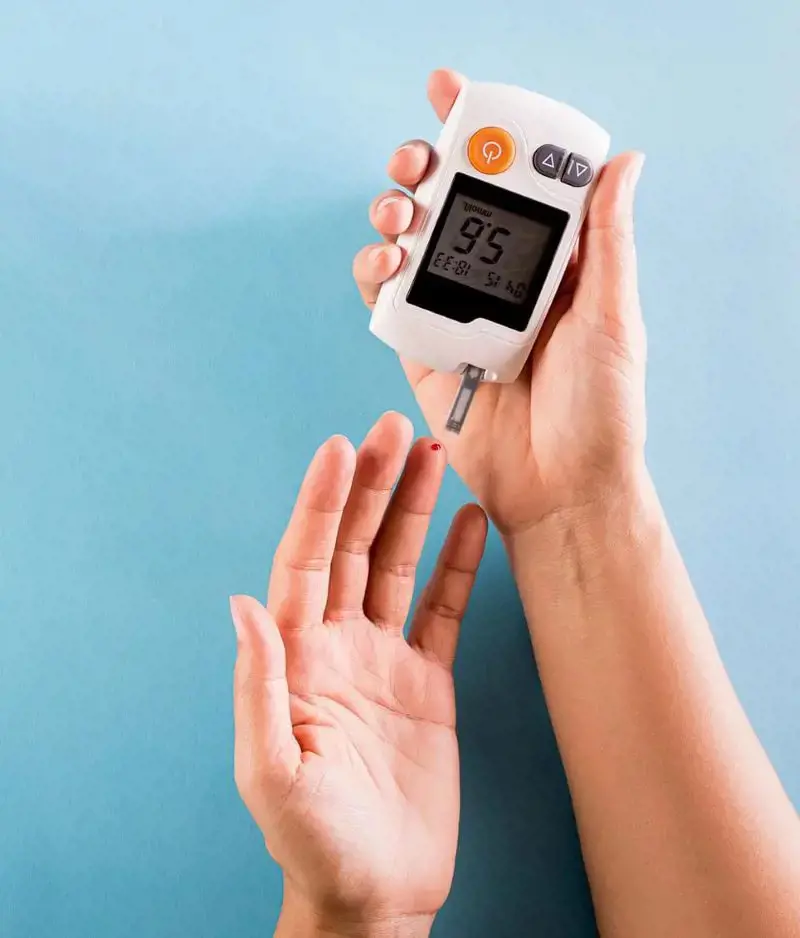
Creatine when combined with physical activity facilitates insulin release and exercises glucose metabolism in type II diabetes. In a 12-week study of how taking creatine influences blood glucose response after a high-glycemic meal, the participants who added creatine to their workout regimen had superior blood glucose metabolism than the workout-only group.
Supplements containing creatine may have the power to increase the utilization of glucose transporter type 4. The increased operation of glucose transporter type 4 (GLUT-4) leads to even higher glucose transfer into the fat and muscle tissue, thus lowering blood glucose levels.
7. Combats Other Neurological Diseases
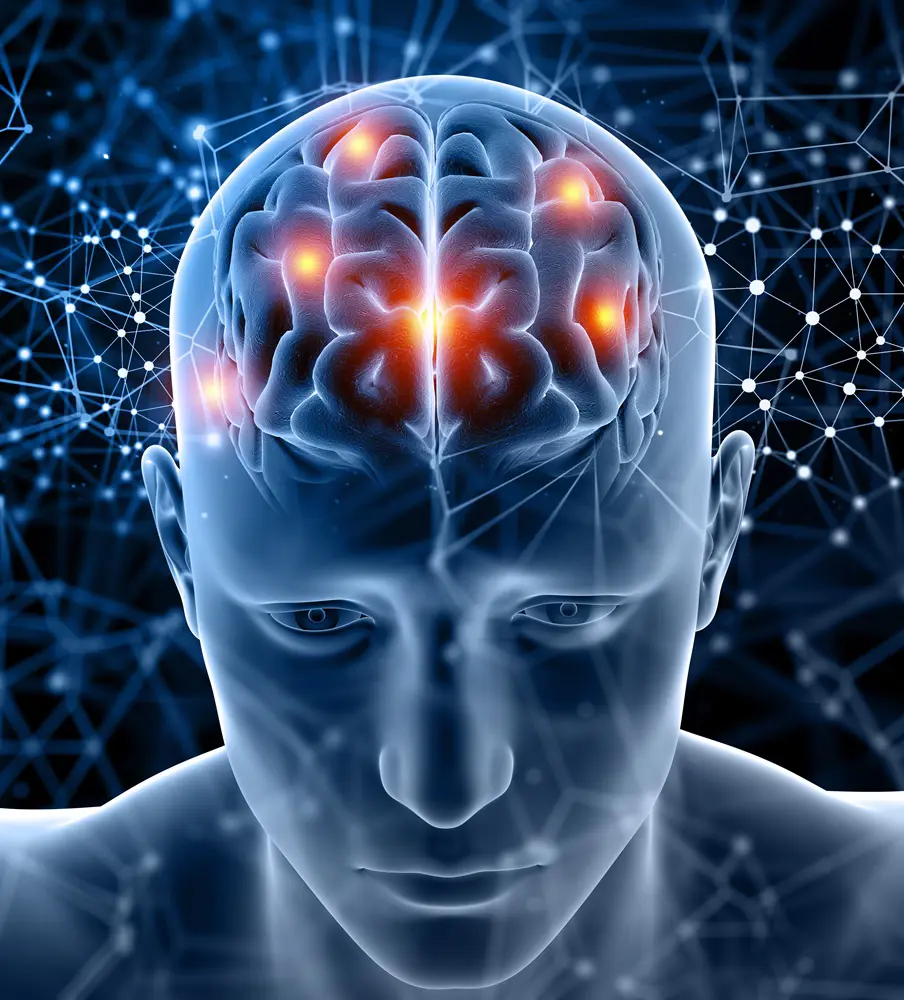
In your brain, if there occurs a condition where phosphocreatine is below optimum levels, you are very likely to be afflicted with several kinds of neurological disorders. However, creatine supplementation can assist you in overcoming this problem.
Creatine supplements can elevate the concentration of phosphocreatine which may be useful in slowing down the development of neurological diseases.
Different research conducted on animals has pointed out that creatine supplements can also be used to cure other diseases such as epilepsy, Alzheimer’s disease as well as ischemic stroke. Furthermore, creatine helps enhance motor activity, decrease muscle breakdown and raise the survival probability by 17% allowing you to cope with amyotrophic lateral sclerosis (ALS).
8. Improves Brain Function

Among several health benefits of creatine, improved brain functioning is one of them. The dopamine levels in the brain which are vital for muscle coordination, body movements, mood and consciousness, especially in old age can be enhanced with creatine.
Not only that, but it also helps you protect against neurological diseases and enhance phosphocreatine levels in your brain, resulting in increased ATP production. Your body utilizes this ATP while performing intense physical activities.
9. Maintain Heart Health And Liver
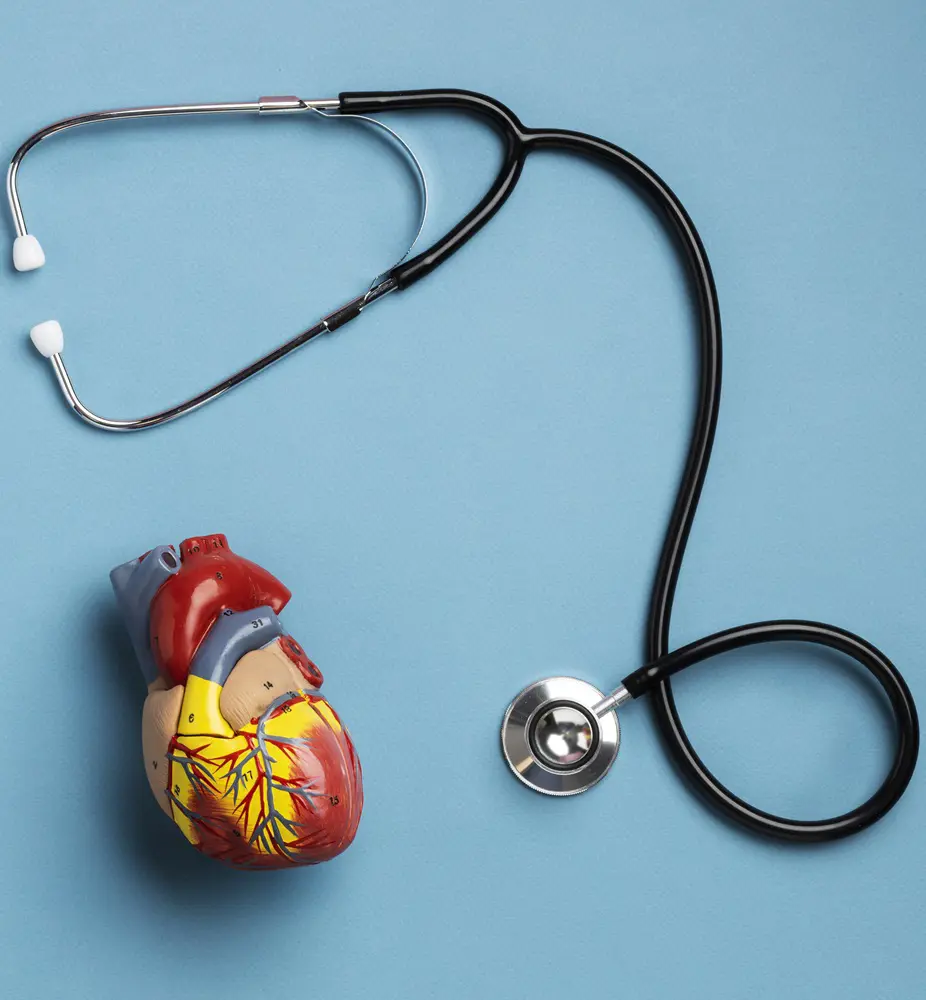
Most of the heart-healthy foods are a rich source of creatine. Though foods are considered the major source of creatine in our body, incorporating supplements into the diet offers similar benefits to the heart as foods do.
Taking adequate levels of creatine and phosphocreatine can lower cholesterol levels, triglycerides and blood lipid levels as well as open the heart's arteries, thereby reducing the risk of heart stroke.
Researchers have witnessed that creatine supplementation can help maintain regular heartbeats and improve your heart rate.
Apart from that, creatine inhibits the production of homocysteine in the liver, declining fat accumulation in the liver.
10. Benefits Your Skin

The application of creatine supplementation on the skin is believed to help combat oxidative stress and UV damage, thus preventing premature aging, skin sagging and skin damage.
Moreover, creatine supplementation contributes to maintaining skin hydration and cellular energy levels in skin cells, improving skin texture and appearance and rebuilding facial muscles.
Creatine Dosage
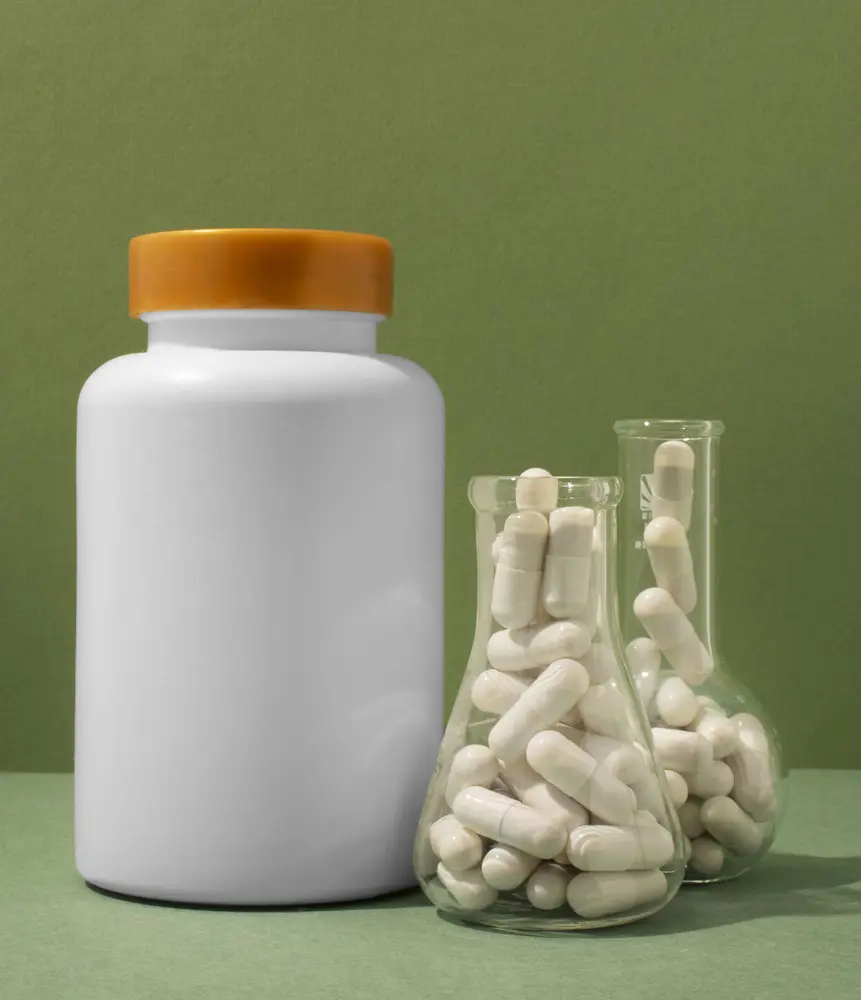
Generally, one person needs about 1-3 g of creatine per day for his or her body to function normally. About half of the requirement is produced internally while the rest is derived from food products. Chicken, pork, salmon, and beef are among the high-creatine foods we should consider to enhance our creatine levels. A serving of beef containing 100g contains 2 to 5 grams of creatine depending on the type of beef used.
Based on the current findings, it is noted that most athletes and those persons who perform frequent intense exercise should take creatine ranging from 3 to 5 grams per day for better performance.
Probable Side Effects
Creatine is generally considered safe for most people if you take it at a moderate amount. However, the consumption of creatine has been linked to several side effects in the case of overdose or any underlying health condition. Here are some potential side effects:
- Weight Gain
- Muscle Cramps
- Dehydration
- Kidney Concerns
- Hair Loss
- Liver Damage
- Mood Changes
- Gastrointestinal Problems
Recent posts
Nutrition
Nutrition
16 Benefits Of Coriander That Will Surprise You
Abundant in nutrients and antioxidants, coriander is an annual herb with a characteristic aroma that is extensively used around the world. Both coriander leaves (also called cilantro) and seeds are used in various cuisines around the world. Known fo...
Nutrition
Chia Seeds Benefits: 15 Reasons To Eat These Tiny Seeds
Chia seeds are tiny edible seeds obtained from the plant known as "Salvia hispanica", belonging to the mint family. Oval, gray, and filled with black and white spots, these small seeds are highly valued for their abundant nutrients and health be...
Nutrition
How Much Calcium Is Actually Needed?
Calcium is a mineral associated with bones, muscles and the nervous system in the body. Current dietary guidelines suggest different Recommended Dietary Allowances(RDAs) for adult males and females, with 1000mg being optimal for males and 1200mg for...
Nutrition
B12 Vitamin Food Sources: A Comprehensive Guide
Vitamin B12, an essential nutrient, plays a crucial role in various bodily functions, including red blood cell production, nerve function, and DNA synthesis. While animal-based foods are the primary sources of B12, certain fortified plant-based foods...
Nutrition
What Foods Are High In Cholesterol? 20 Foods To Avoid
Animal products like meat, eggs, milk, and cheese are sources of dietary cholesterol, unlike plant-based foods. For those aiming to lower their cholesterol intake, it's essential to be mindful of animal-based food choices. While some high-cholesterol...
Nutrition
18 Fat Burning Smoothies For Weight Loss
The weight loss journey is tough if you have to get on the same path day after day, facing cravings and temptations along the way. We suggest you stop making it a monotonous struggle and make it a flavorful adventure instead. One of the easiest and m...

